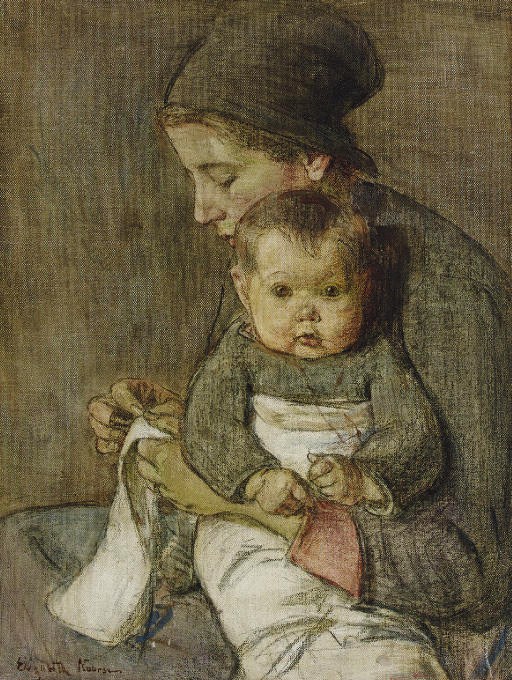On the Loss of a Generation
December 4, 2017
ALAN adds to the ongoing discussion on the death of parents:
The loss of my parents within a span of two years left the worst, most sickening feeling of emptiness I had ever known. The absence of siblings made it still worse: There is no one left afterward who shares the memories of a lifetime, who knows exactly what we mean when we talk about memories of our parents.
As to the question When do you get over it?, my reply is: Don’t even think about it. You never get over it.
The memories will come at unpredictable moments, may often be intense, and may be prompted by seemingly-small things.
The little tugboat night-light on top of a chest of drawers in an ancient black-and-white snapshot, or the memory of Perry Como singing the four words “Dream along with me…” at the opening of his Saturday night television program are instant reminders to me of the warmth and security my mother provided in my boyhood home in the early 1950s.
She left a collection of three thousand color slides from the years 1955-’69. They are at once a priceless possession and a painful reminder of the loss of the most important person in my life.
When I remember some act of stupidity or misbehavior on my part as a boy or teenager, I can feel exactly how I know my mother must have felt at those moments, an awareness that youth or stupidity denied to me in those years.
To live with a vault of memories that we shared only with our parents—and now to have no one among us who can understand precisely what we mean when we talk of that person or those people or that setting or that occasion from years ago—is quite a challenge. And never is that challenge greater for me than at Christmas. In the only years I care to remember, Christmas Eve was always the most joyous day of the year, not because of toys or games or gifts, but because of the setting: A houseful of aunts and uncles and grandparents and cousins and conversations and laughter and warmth and good cheer—and my mother at the center of it all. In their place today are only silence, emptiness, and memories in the head of a late-life orphan. It is that “empty space in life” that Lydia Sherman describes, and I share with her the regrets of not having remained in closer contact with all the older generation and not having talked with them at far greater length than I did.
— Comments —
Lydia Sherman writes:
Alan commented about that feeling of emptiness at the loss of parents. Others have described it as a type of unreality; a twilight zone, feeling dazed and not comfortable in your own existence, like being dropped into a foreign country where no one speaks your language.
On top of that, there will be very few people to which you can say certain things, unless you have successfully passed on your parent’s personal commentaries on daily life. This is one good reason to homeschool your children, and create your own curriculum that includes your family history, photographs, and recordings.
I regret we did not get one single recording of our parents voices, telling about their lives beliefs. We can prepare our own children and grandchildren better, and at the risk of being a bit self-focused, can write and record for them things we think will be helpful and comforting when we are gone.
Dec. 5, 2017
Sebastien writes:
I must confess to feeling a twinge of regret and pain when I read the esteem that people had for their parents after their passing. I can’t think of much I have learnt from my own parents and when they pass away I think I will only regret what might have been, rather than what they were. Honestly, how can you learn from someone who has no real opinions on anything that really matters?
I don’t think I’m alone in feeling this. My father left my mother when I was 13, because he was tired of her nagging and he was too weak to put her in her place. My atheist father and modern ‘Catholic’ mother just didn’t have the spiritual armor which you need to construct a family. Neither worry about final judgement because modern ‘Catholics’ think hell is empty and atheists don’t believe it exists. I honestly don’t see how a practicing Catholic can’t make any marriage work.
The problems with a family breakup still have consequences throughout your life as my children should normally expect to have wise grandparents that they can visit. As I didn’t congratulate my father on his new ‘wife’ and explained that I didn’t want her to have any dealings with my children, I am obviously the one seen as the ‘problem’. I find it quite bizarre, how remarried parents feel the need to impose their new ‘spouse’ on their families.
We still have cordial relations but there is a huge elephant in the room that we politely ignore.
Adult Catholic converts pretty much all have similar situations to deal with so what I describe is nothing unique. Many of us won’t even have graves to flower, as our parents will opt for cremation. We really are starting from scratch with our own families.
Laura writes:
God loves your father and his friend. He loves them more than they could love each other.

